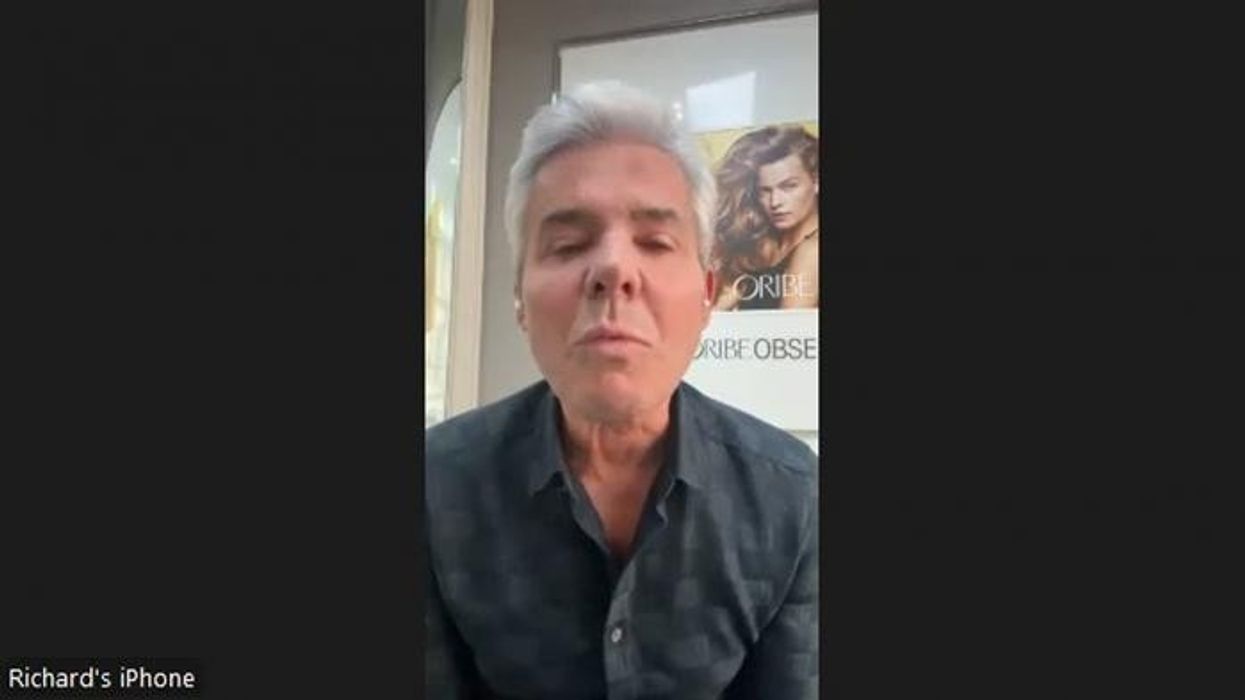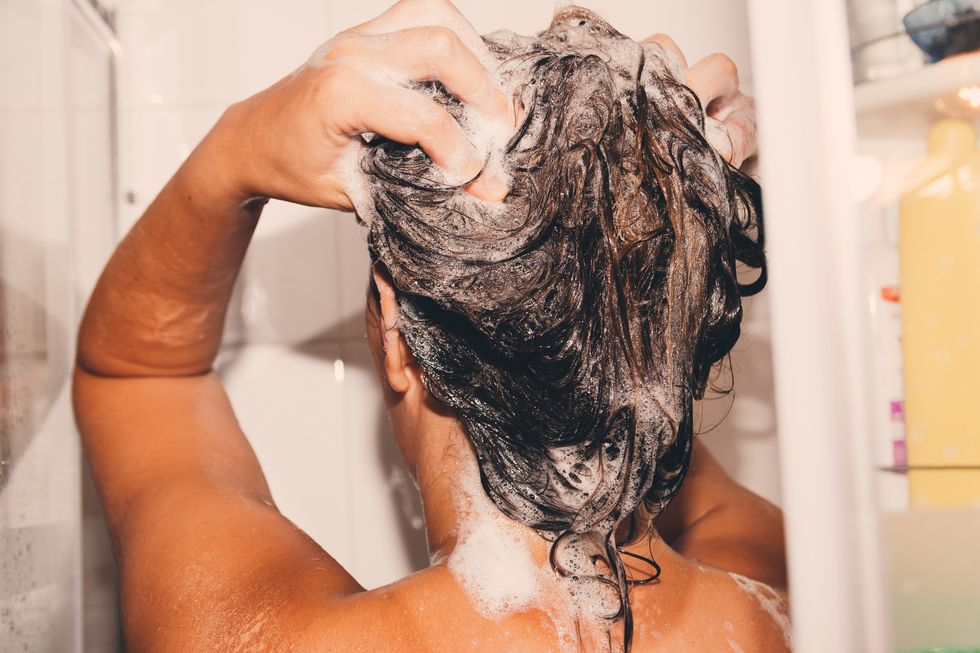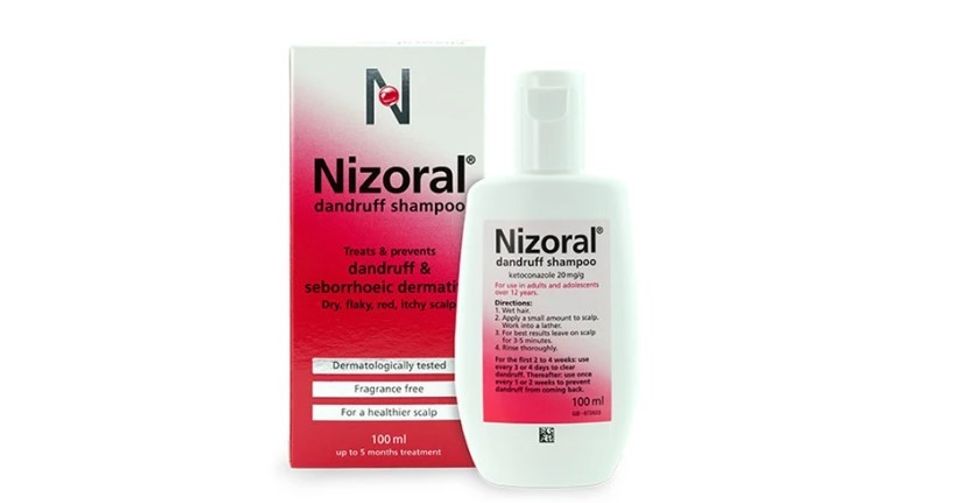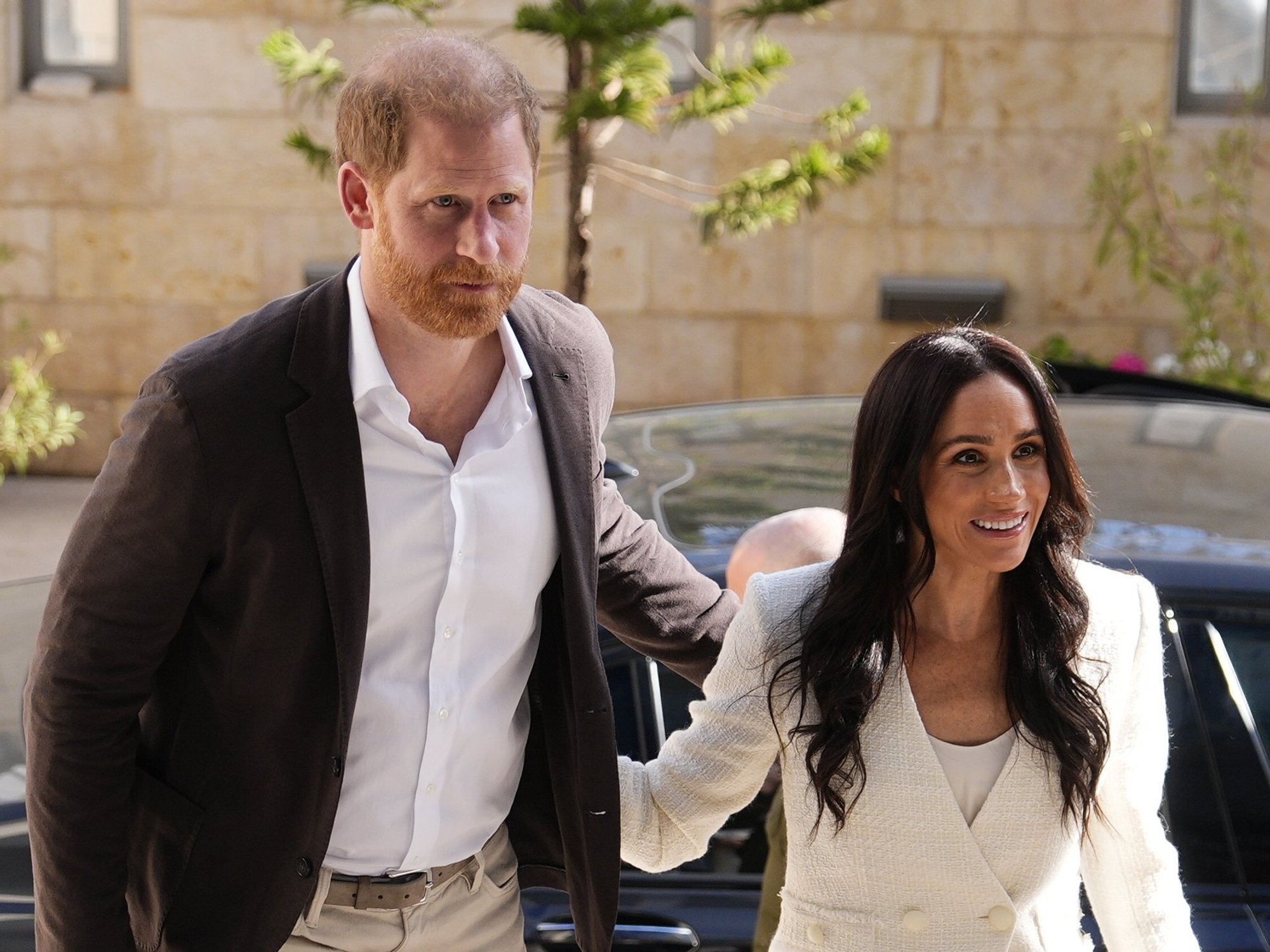'Reverse hair loss!' Doctor names 'game-changing' shampoo hailed as 'liquid gold' for hair growth

Hair expert Richard Ward explains how to combat hair loss
|GB NEWS

Anti-dandruff shampoo may have an overlooked secondary benefit
Don't Miss
Most Read
While hair loss is typically associated with men, gradual thinning or sudden shedding is a concern for many women, too.
Hair loss can be triggered by various factors, including ageing, childbirth, illness, medication, stress, hormonal imbalance, and more. Hereditary hair loss (or androgenic alopecia) is the most common cause worldwide.
Those suffering from the condition often feel disheartened and powerless when they start to notice changes, but it's possible to improve several types of hair loss with the right hacks.
Of course, some people require in-clinic treatments to see improvements, but for many, at-home strategies such as changing your washing routine can work wonders.
Dr Ree Adel (MD), who has a special interest in hair, skin, and beauty, shared her favourite hair growth shampoos for "thicker, longer hair".
Claiming that "these will change your hair game", Dr Ree recommended investing in caffeine shampoos, bond-repair shampoos, and anti-dandruff shampoos.
Offering the ultimate praise, she described one anti-dandruff shampoo as "liquid gold for androgenic alopecia".
Praising caffeine-infused products by Plantur 39 and Alpecin, Dr Ree explained that caffeine "boosts blood flow to the scalp".

Swapping your shampoo could be a 'game-changing' hair growth solution
| GETTY IMAGESAs for bond-repair shampoos, the doctor recommended a Pantene "game changer" for damaged locks, praising its ability to prevent breakages.
Perhaps her top choice among hair growth shampoos, the doctor explained that anti-dandruff shampoos reduce fungus, thereby preventing inflammation and subsequent hair loss.
Dr Ree recommended both Head & Shoulders and Nizoral, describing the latter as "liquid gold for androgenic alopecia".
LATEST DEVELOPMENTS:

According to Dr Ree, Nizoral is 'liquid gold' for androgenic alopecia
|Nizoral
She advised hair care enthusiasts to use Nizoral shampoo twice per week, leaving it on the hair for three to five minutes before rinsing it off. It should not be used more often than this. For optimal results, the expert recommended choosing the two per cent variety rather than the one per cent.
Dr Ree is one half of the dynamic duo, Dr Adel Twins. Her sister, Dr Aamna Adel, also swears by anti-dandruff shampoo; it even helped reverse her own hair loss.
What is dandruff, and how does anti-dandruff shampoo combat hair loss?
Malassezia globosa is a fungus that lives on all of our scalps, but while it is effectively harmless, many people are sensitive to one of its byproducts: oleic acid.
This leads to symptoms such as itchiness, white flakes in the hair, and a red scalp, also known as dandruff.
While dandruff does not directly cause hair loss, it can have a knock-on effect, with the experts at Head & Shoulders explaining that dandruff weakens hair.
They said: "Hair growing from a dandruff-affected scalp has more surface damage, and a weaker protein structure. Scratching can also contribute to hair damage. Weak hair is more prone to break."
While it's not marketed as such, Nizoral is hailed by professionals as an effective hair growth solution.
As well as preventing dandruff, its ketoconazole content may combat hair loss. Ketoconazole is an antifungal medication that treats dandruff and fungal infections.
That's not its only use, though. The Harley Street Hair Clinic explained that ketoconazole also prevents 5-alpha reductase from converting testosterone to DHT - the hormone responsible for hair loss/thinning.
Experts stated: "When using Nizoral shampoo to prevent the production of DHT, it can help reverse the effect of hair loss."
It's important to note that when it comes to hair loss, what works for one person may not work for another, so before investing in a product like Nizoral, you should consult a dermatologist for tailored advice.
When using a new product, always ensure you follow its guidelines and instructions.










